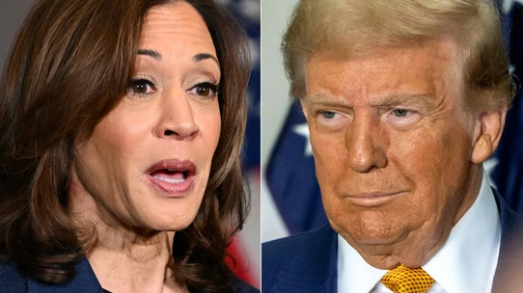Former President Donald Trump’s recent rally at Madison Square Garden has ignited a firestorm of controversy following a series of crude and racist insults directed at Vice President Kamala Harris. During the event, attendees were subjected to an array of derogatory remarks that have drawn widespread condemnation from various political and social groups.
Throughout the rally, Trump supporters chanted inflammatory phrases, labelling Harris with derogatory titles such as “prostitute,” “Antichrist,” and “devil.” The use of such language not only underscores the increasingly hostile climate of political discourse in the United States but also raises serious concerns about the normalization of racist rhetoric in political arenas.
Critics have been quick to respond, condemning the remarks as emblematic of a broader trend of misogyny and racism in American politics. Civil rights organizations and advocates for equality have called for accountability, urging politicians and public figures to promote a more respectful and constructive dialogue. “Such language is not just offensive; it reflects a disturbing attitude toward women and people of colour in positions of power,” said one advocacy group representative.
This event marks a troubling escalation in the rhetoric surrounding Harris, who has been the target of frequent attacks since assuming office. Supporters of the Vice President have expressed their dismay, emphasizing that such derogatory comments only serve to undermine the progress made in representation and equality.
As the political landscape continues to evolve, the need for a more civil and respectful dialogue becomes increasingly urgent. The backlash against the remarks made at Trump’s rally highlights a critical moment for American democracy, reminding citizens of the importance of holding public figures accountable for their words and actions.








 India
India












